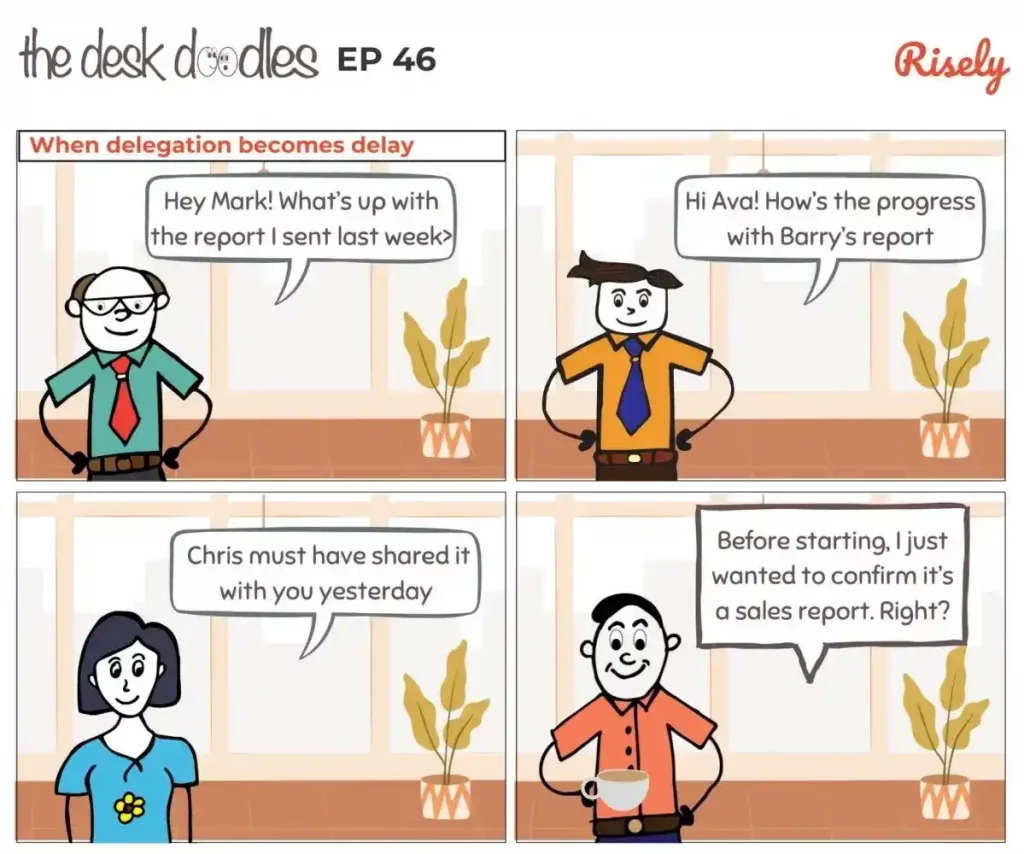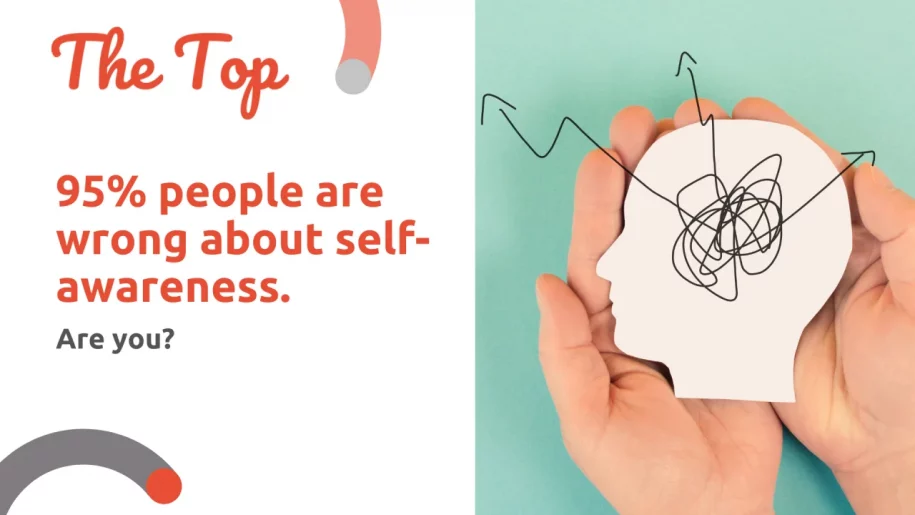95% people are wrong about self-awareness. Are you?
For most managers, the definition of self awareness is pretty simple: it’s about knowing who you are. A self-aware person understands their emotions, thoughts, and ideas. As a result, they are able to manage themselves and others better.
However, self-awareness is more than just a buzzword, especially for managers. Better self-awareness translates to better self-image, improved relationships, higher confidence, and, consequently, higher creativity—all of which are critical for professional success as a manager.
Yet, unsurprisingly, we overestimate ourselves. While about 95% of people believe they are self-aware, only about 10-15% are. It happens because self-awareness is a linear path, and we are all along it somewhere, but mostly not at the end goal. So, while self-awareness is essential for managers, it’s not an easy journey to tread alone.
Why are you not self-aware?
To start with, a holistic view of self-awareness will force us to think along two lines –
- What do I think of myself?
- What do others think of me?
Now, you might say that self-awareness is more about you than what others are doing. Fair enough, but introspection might not be as effective as you are assuming it to be!
It happens because we often move ahead with answers that feel right when uncomfortable questions arise instead of digging deep into our consciousness in search of facts, figures, and feelings that drive our actions. We get defensive about our choices, assign good reasons, and do not become genuinely introspective.
On the second count, research suggests that there are primarily two reasons for this gap in the second parameter –
- First, it gets lonely at the top. Managers and senior leaders have only a few people who can offer feedback. On top of it, we are speaking of candid, honest, and, at times, brutal feedback that puts the spotlight on reality.
- Second, the top is intimidating. When it comes to leaders, most people would rather agree than bear the burden of disagreements and their awful consequences. The perception of power prevents honest appraisal by others.
How can you be more self-aware?
Now, this looks pretty bad. Our methods to improve self-awareness lead us astray, and the rest become inaccessible as time passes. To beat these challenges, managers can apply slow, subtle, yet effective tips.
For instance, make seeking feedback a habit. It doesn’t need to stop at asking, “Hey, what do you think of my performance?” to a team member. You need to dig deeper, change things to create safety, and rephrase your idea into “Hey, how do you think I can improve my performance?”
Similarly, you can make introspection more effective by working with the specifics of the situation instead of the feelings behind it. You can find some self-reflection questions to build self-awareness in this blog to cover the core areas of your professional life.
In the end, it’s about enabling awareness of yourself, not creating it.
What’s cooking at the Doodle office?


